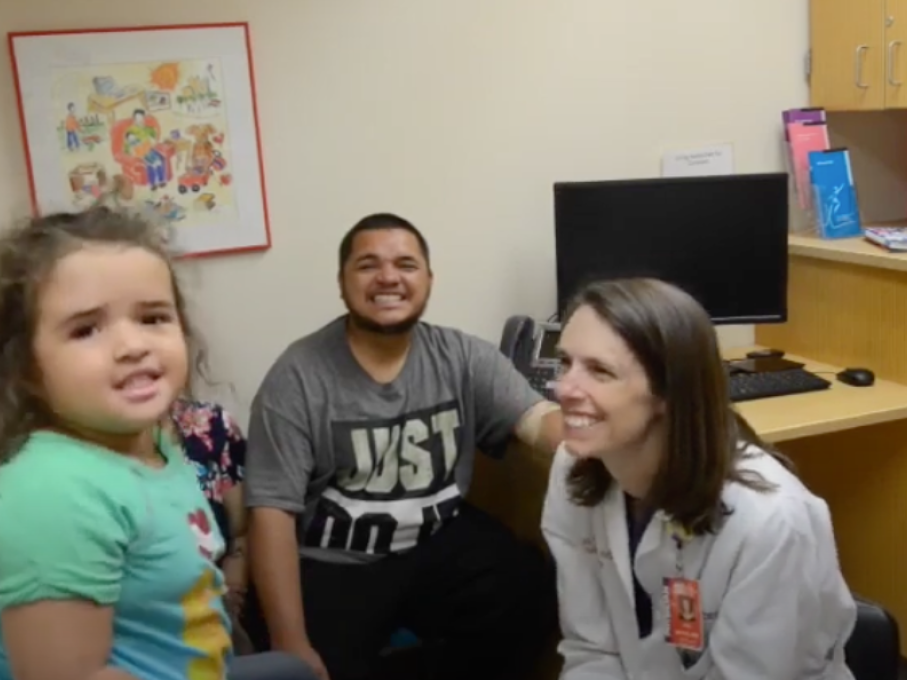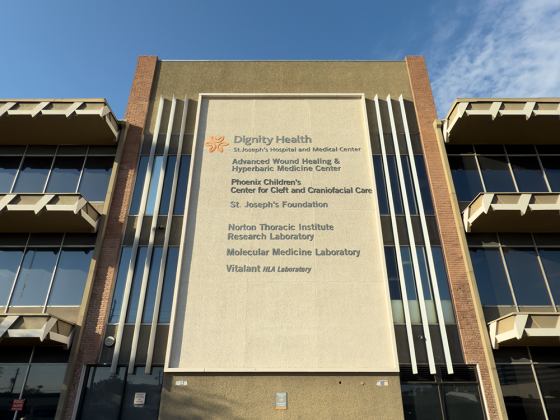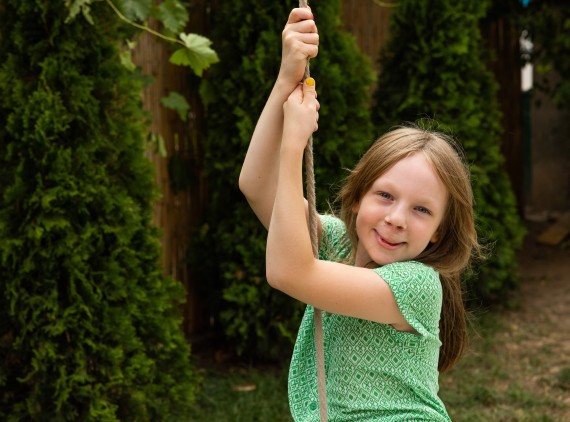At Phoenix Children’s, our highly trained team of specialists offers the widest range of treatments for infants, children and adults with cleft and craniofacial disorders — from craniosynostosis to cleft lip and cleft palate.
A Team Approach to Exceptional Cleft and Craniofacial Care
Phoenix Children’s Center for Cleft and Craniofacial Care was established more than 30 years ago as the Barrow Cleft and Craniofacial Center. Here, we help patients with facial differences navigate their care.
Our craniofacial experts focus on team-centered care for patients with cleft and craniofacial disorders. From physical appearance to emotional coping, our team ensures that you and your child get the care you need for every aspect of your child’s condition.
With our team approach to care, you have access to craniofacial experts with more than 25 years of combined experience. We understand how to treat the complexities associated with craniofacial anomalies and are sensitive to the personal nature of these conditions. We’re here to comfort you and plan for lifelong, positive results.
Everlina's Story
Everlina was diagnosed with unicoronal synostosis, which results in an asymmetric forehead and brow. Everlina’s pediatrician referred her to Phoenix Children’s Center for Cleft and Craniofacial Care. There, Dr. Ruth Bristol and Dr. Davinder Singh performed Everlina’s surgery. Her parents couldn’t be happier with her outcome.

Guidance and Support at Every Step
Each cleft and craniofacial condition is different and requires a personalized approach. At Phoenix Children’s, we work closely with you to ensure you or your child get the most accurate diagnosis and an effective treatment plan.
After you or your child receives a cleft or craniofacial diagnosis, our neurosurgeons and craniofacial plastic surgeons offer one-on-one consultations with you. The goal is to provide education about the diagnosis and all care options available to you and your family.
At the Phoenix Children’s Center for Cleft and Craniofacial Care, we support:
- New or expecting parents of a child diagnosed with cleft lip, cleft palate or other craniofacial disorder
- Older children or adolescents with an untreated cleft or craniofacial disorder
- Adults with a poorly repaired or untreated cleft palate disorder
Related Services
As part of Phoenix Children’s Center for Cleft and Craniofacial Care, you also have access to specialists who can help with dentistry, orthodontics and speech pathology. Other related services include:
Locations


Phoenix Children's Center for Cleft and Craniofacial Care - St. Joseph's Campus
124 W. Thomas Rd.
Suite 320
Phoenix, AZ 85013
Patient Resources
Clinical trials give us the opportunity to explore treatments for patients with complex medical conditions and improve patient outcomes.
Currently, our cleft and craniofacial surgeons and our speech pathologists are using an observational study to find ways to better select and customize surgery for their patients with velopharyngeal insufficiency (VPI). The VPI Outcomes Prediction Study (VPI-OPS) will compare the effectiveness of existing surgical procedures for VPI. The study will help to establish which procedures are most effective at improving speech and help determine the risks of each procedure.
Learn more about the clinical trial, VPI-OPS.
For more details, including how to participate, please email the VPI-OPS team at vpiops [at] phoenixchildrens.com (vpiops[at]phoenixchildrens[dot]com) or call 602-933-8747.
- American Cleft Palate Craniofacial Association (ACPA) — Brings together individuals and healthcare professionals who are interested in clinical care and research advancements for individuals with cleft and craniofacial conditions. ACPA, a nonprofit association, is unique because it has more than 2,500 members who represent more than 30 disciplines in 60 countries to support patients and families, and ensure the best outcomes.
- ACPA Family Services — Provides comprehensive information to educate patients and families.
- American Speech-Language-Hearing Association — Commits to ensuring that all people with speech, language and hearing disorders receive services to help them communicate effectively. Their website offers resources to help you understand communication and communication disorders.
- Centers for Disease Control and Prevention (CDC) — Shares facts about cleft lip and cleft palate.
- The Emily Center— Offers a free, public, health information library located at Phoenix Children’s. The library is staffed by highly skilled nurses to conduct individualized research for any family member.
- Medline Plus — Shares facts about cleft lip and cleft palate.
- Raising Special Kids — Exists to improve the lives of children with a full range of disabilities, from birth to age 26, providing training, information and individual assistance so families can become effective advocates for their children.

